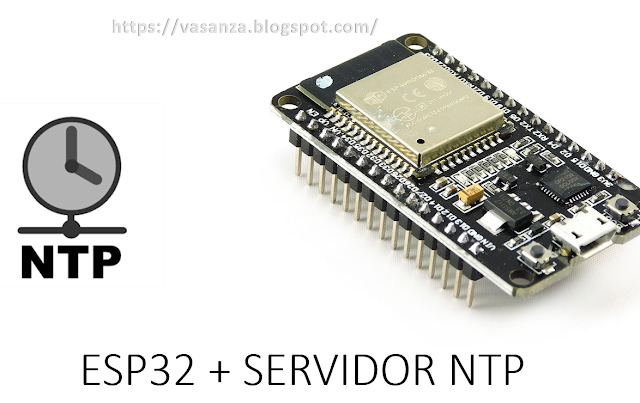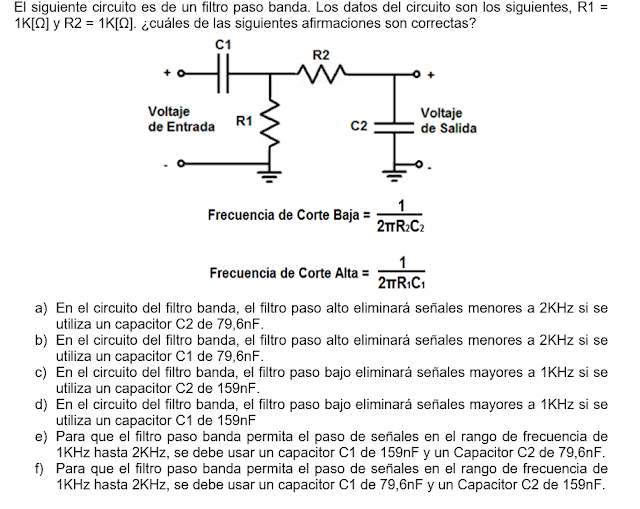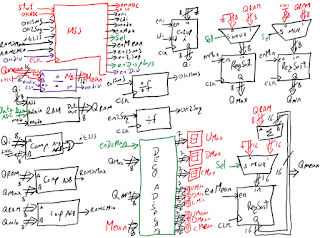▷ 11th IFAC Symposium on Biological and Medical Systems #BMS2021
⭐⭐⭐⭐⭐ 11th IFAC Symposium on Biological and Medical Systems #BMS2021
- Healthcare systems, biological systems, pharmaceutical systems and everything stemming from these are welcomed topics to our 11th IFAC Symposium on Biological and Medical Systems (BMS2021), organized in Ghent, Belgium, through 19-22 September 2021.
- ⭐Conference proceedings will appear in IFAC-PapersOnline, indexed in WoS and Scopus.
- ➡️ #BMS2021 is a Hybrid Event with both on-site and online presentations/activities.
✅ Open Invited Track (OIT):
- Title: Applications of artificial intelligence in medicine
- code: 8r88n
- ⭐bms2021.ugent.be/OIT
➡️ Steps to Submit a contribution:
- Enter the following link: https://ifac.papercept.net/conferences/scripts/start.pl
- Find the conference "BMS 2021" (11th IFAC Symposium on Biological and Medical Systems. Sept 19-22, 2021, Ghent, Belgium)
- To publish an article click on the link: "Submit a contribution to BMS 2021"
- Select "Invited Paper"
- Please enter Open Invited Track (OIT) code in the *code section: 8r88n
➡️ Steps to "Log in":
- Enter the following link: https://ifac.papercept.net/conferences/scripts/start.pl
- Find the conference "BMS 2021" (11th IFAC Symposium on Biological and Medical Systems. Sept 19-22, 2021, Ghent, Belgium)
- Enter your PIN or Login alias
- Enter your password
- If you are not registered or you do not have your password then follow the link https://ifac.papercept.net/conferences/scripts/pinwizard.pl to retrieve it
⭐ IFAC LaTeX style and template for papers submitted to IFAC technical meetings:
✅ Overview (OIT):
- In this track of Artificial Intelligence (AI) in Medicine we welcome submissions as regular papers (6-8 pages length) or Extended abstracts (short paper of 2-4 pages length).
- The focus of this Open Invited Track (OIT) session is to address the existing and the near-future technological and methodological advances in the field of medical artificial intelligence (AI).
- In the last decade, the AI technology had a fast and powerful evolution worldwide in all the sectors from industrial to economical and societal sector. In the Medical and Healthcare sector, AI has a social impact starting with XXI century. The state-of-the-art shows that AI technologies is utilized in medical field ranging from managing medical data, health monitoring, digital consultation to disease diagnostics, medical treatment, drug development and surgical treatment.
- The AI algorithms in medicine have shown great capabilities to improve the doctors and patients benefits. AI it has already opened the door to completely new paradigms in Medicine and Healthcare where many applications and devices based on advanced AI technologies are already integrated in daily life (e.g. social networks, online commerce and other services).
- The proposed OIT session aims to exchange ideas on on-going efforts and obstacles encountered by the researchers of the AI community in different medical applications. Furthermore, this invited track will bring together the key challenges, insights, tools and theoretical developments arising from personalized medicine. This OIT welcomes contributions that focus on applying AI techniques to pragmatic clinical procedures and analytical medical informatics, such as (but not limited to): - Drug development;
- Diagnose diseases
- Personalized treatment
- Data mining in medicine
- Medical signals and image processing techniques
- Machine learning-based medical systems
- Artificial intelligence applied to the early detection of diseases
- Topics of interest include but are not limited to:
- Segmentation and classification with deep learning and computer vision techniques of medical images
- Transfer learning in medicine
- Learning with noisy labels, limited and unbalanced medical data
- Supervised and unsupervised deep learning and representation of learning in medicine
- Uncertainty estimation in medical diagnosis through AI
- Health data prediction with AI
- The ethical dimension of AI in health and medicine
- Brain computer interface
- Biomedical signal processing (EKG, EEG, EMG) using AI, ML or DL
✅ Important dates: Paper Submission site OPEN
- Draft Paper Submission: 30 May 2021
- Paper Review Decision: 14 June 2021
- Final Paper: 05 July 2021
- Submission link
✅ Fixed Flatline Registration Fee (will not change):
- 300 EUR (allows one paper upload)
- Registration Deadline: 30 June 2021
- Prof. Levente Kovacs, Obuda University, Hungary
- Dr. Cosmin Copot, Antwerp University, Hungary
- Prof. Víctor Asanza, vasanza@espol.edu.ec. Escuela Superior Politécnica del Litoral, ESPOL. Facultad de Ingeniería en Electricidad y Computación, FIEC
- PhD. Enrique Peláez, epelaez@espol.edu.ec. Escuela Superior Politécnica del Litoral, ESPOL. Facultad de Ingeniería en Electricidad y Computación, FIEC
- PhD. Francis Loayza, floayza@espol.edu.ec. Escuela Superior Politécnica del Litoral, ESPOL. Facultad de Ingeniería en Mecánica y Ciencias de la Producción, FIMCP
- PhD. Marco E. Benalcázar, Marco.benalcazar@epn.edu.ec. Escuela Politécnica Nacional, EPN. Facultad de Ingeniería de Sistemas, FIS
- PhD. Douglas Plaza, douplaza@espol.edu.ec. Escuela Superior Politécnica del Litoral, ESPOL. Facultad de Ingeniería en Electricidad y Computación, FIEC
- PhD. Diego Hernan Peluffo-Ordóñez, diego.peluffo@sdas-group.com. Université Mohammed VI Polytechnique, Lot 660, Hay Moulay Rachid, Ben Guerir 43150, Morocco. Head of the Group, SDAS Research Group - www.sdas-group.com. Diego Hernán Peluffo-Ordóñez, peluffo.diego@um6p.ma. MSDA Research Program - https://msda.um6p.ma/home
⭐ More information is available at:
- ✅ Conference website: https://bms2021.ugent.be/
- ✅ More information about the IFAC activities can be found here
- ✅ For information on travelling, visa, sponsorship, please contact: bms2021@ugent.be
- ➡️ Third call for papers can be downloaded here Call for Papers - PDF version














Comentarios
Publicar un comentario